
Richard Edgcumbe, 1st Baron Edgcumbe, of Mount Edgcumbe in Cornwall, was an English Whig politician who sat in the English and British House of Commons from 1701 until 1742 when he was raised to the peerage as Baron Edgcumbe. He is memorialised by Edgecombe County, North Carolina.

Earl of Mount Edgcumbe is a title in the Peerage of Great Britain. It was created in 1789 for George Edgcumbe, 3rd Baron Edgcumbe. This branch of the Edgcumbe family descends from Sir Piers Edgcumbe of Cotehele in Cornwall, who acquired an estate near Plymouth through marriage in the early 16th century, which was later re-named "Mount Edgcumbe". His descendant Richard Edgcumbe was a prominent politician and served as Paymaster-General of Ireland and as Chancellor of the Duchy of Lancaster. In 1742, he was created Baron Edgcumbe, of Mount Edgcumbe in the County of Devon, in the Peerage of Great Britain. Richard Edgcumbe was succeeded by his eldest son, the second Baron. He represented Plympton Erle, Lostwithiel and Penrhyn in the House of Commons and served as Lord-Lieutenant of Cornwall. On his death, the title passed to his younger brother, the third Baron. He was an Admiral of the Blue and also held political office as Treasurer of the Household and as Captain of the Honourable Band of Gentlemen Pensioners. In 1781, he was created Viscount Mount Edgcumbe and Valletort and in 1789 he was further honoured when he was made Earl of Mount Edgcumbe. Both titles are in the Peerage of Great Britain.

William George Hoskins was an English local historian who founded the first university department of English Local History. His great contribution to the study of history was in the field of landscape history.

John Gilbert was Archbishop of York from 1757 to 1761.
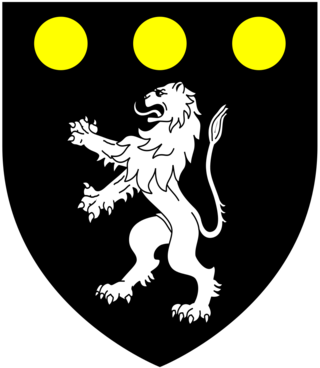
George III Treby of Plympton House, Plympton St Maurice, Devon, was a British politician.
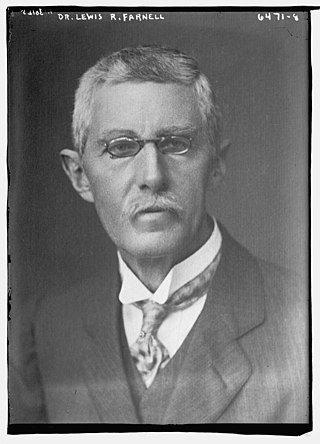
Lewis Richard Farnell FBA (1856–1934) was a classical scholar and Oxford academic, where he served as Vice-Chancellor from 1920 to 1923.
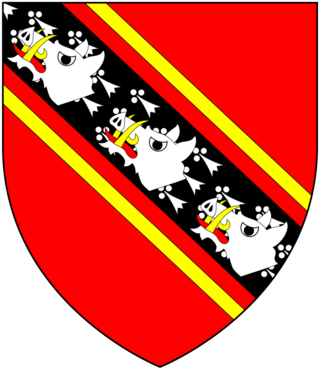
Peter Edgcumbe of Mount Edgcumbe and of Cotehele in the parish of Calstock, both in Cornwall, was an English Member of Parliament.

Sir Richard Edgcumbe of Cotehele in the parish of Calstock in Cornwall, was an English courtier and Member of Parliament.
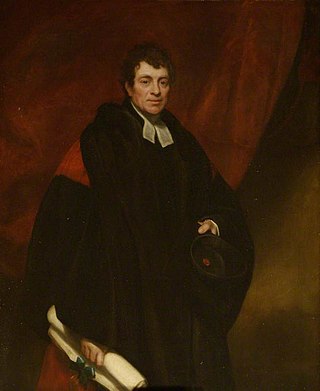
John Collier Jones was an academic administrator at the University of Oxford in England.
Henry Richards was a priest and academic administrator at the University of Oxford.
Thomas Hyndeman DD was an English medieval churchman, college head, and university chancellor.
William de Palmorna DD was an English medieval churchman, college head, and university chancellor.
William de Hawkesworth was an English medieval college head and university chancellor.
George Edgcumbe was a British diplomat and politician.
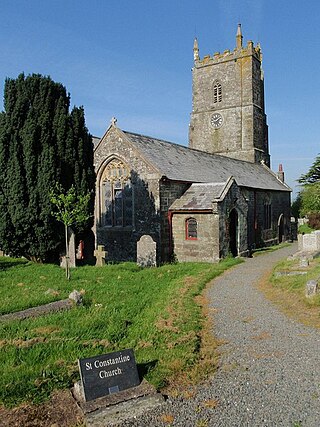
Milton Abbot is a village, parish, and former manor in Devon, 6 miles (9.7 km) north-west of Tavistock, Devon, and 6 miles (9.7 km) south-east of Launceston, Cornwall.
Joseph Atwell, D.D. was an Oxford college head in the 18th century.
Joseph Maynard, D.D. was an Oxford college head in the 17th-century.
William Corindon was an Oxford college head in the 16th century.
Stephen Marks was an Oxford college head in the 16th century.
Robert Newton was an Oxford college head in the 16th-century.










